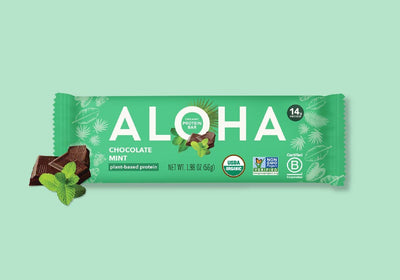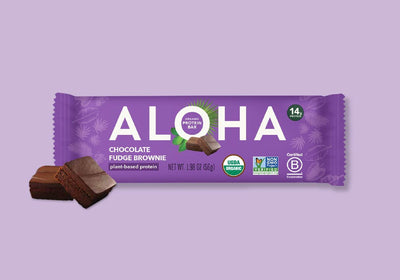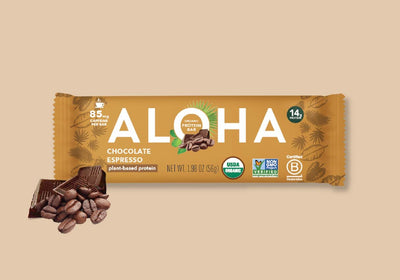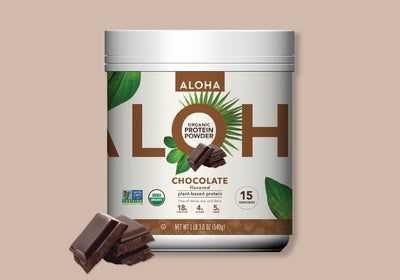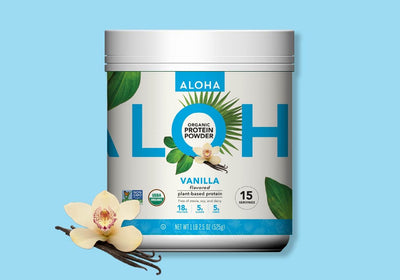Easy Transportation
Protein bars, such as ALOHA’s, are incredibly travel-friendly. Unlike traditional meals that require utensils and can be cumbersome to carry around, protein bars fit easily into your purse, gym bag, or even pocket. This means that no matter where you are — at work, in the gym, or traveling — you have access to nutritious food without the hassle.
No Refrigeration Required
One of the significant advantages of protein bars is that they do not require refrigeration. This feature extends their 'use by' flexibility, allowing you to stock up and carry them without worrying about spoilage. Whether you're hiking, involved in outdoor activities, or simply spending the day away from home, protein bars remain fresh and ready to eat.
Minimal Preparation Time
The beauty of protein bars lies in their readiness to eat nature. In today's world where every minute counts, the ability to consume a balanced mix of nutrients without any preparation time is invaluable. This convenience is especially crucial during busy mornings, when skipping breakfast seems like the only option, or when the mid-afternoon hunger pangs hit, and you need a quick snack to keep you going.
A Hassle-Free Healthy Choice
Making healthy food choices is often challenging when you're out and about, leading many to resort to fast food or vending machine snacks. Protein bars offer a hassle-free alternative, providing a blend of proteins, carbs, and fats designed to nourish your body and support your dietary goals. It’s a guilt-free option easily accessible at times when making a healthy choice seems most challenging.
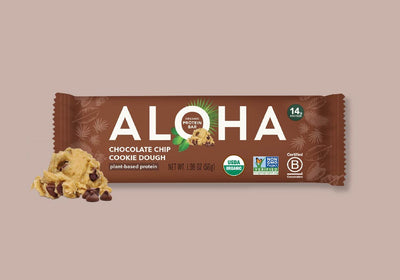
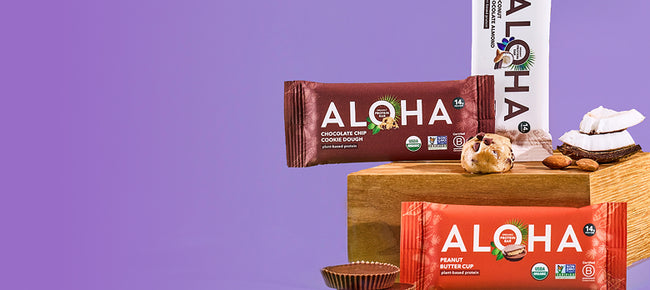 collection header image
collection header image
 collection header image
collection header image

